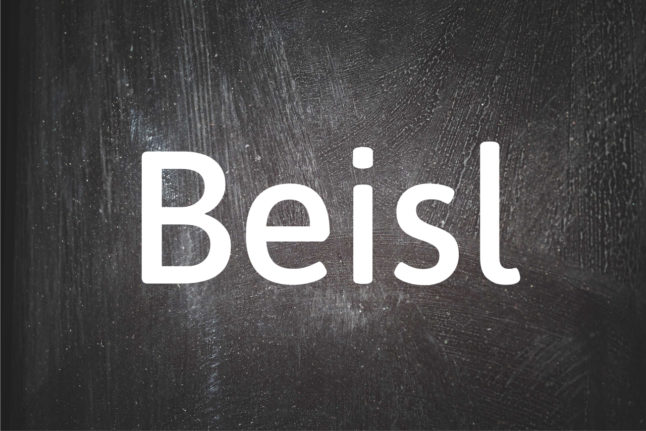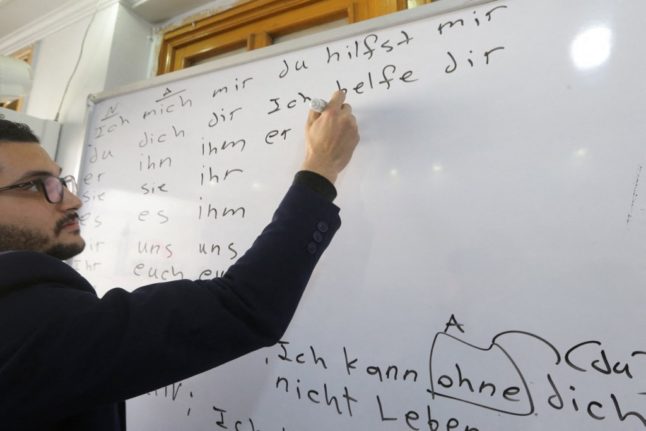Why do I need to know Beisl?
Because you may be invited to one or need to find one on the map.
What does it mean?
Das Beisl, which sounds like this, is the name for a pub or inn in Austrian German where people gather to drink beverages. In Germany, it is usually called a Kneipe.
This isn’t a fancy cocktail bar – it’s a neighbourhood watering hole and forms part of the make-up of towns and cities across Austria. It’s usually unpretentious, often small and used to be very smoky before Austria banned smoking indoors.
The term comes from the Czech “pajzl”, which means pub or dive. It’s a diminutive short form of the noun “hampejz” – with meaning such as “dog house” and even “brothel”.
Other possibilities for its origins include the Yiddish bajiss (house) , and the Austrian dialectal diminutive of the word Beiz – which was a low-class pub until the word got a better reputation.
Nowadays, the Beisl are usually friendly and charming and give an insight into life in Austria. So perhaps ask your Austria friends for a tip on a cool Beisl to visit. Just don’t expect the staff to speak English at all – or take credit cards.
If you’re hungry, keep in mind that Beisl usually doesn’t serve food or at least no hot dishes.
How to use it:
Treffen wir uns am Freitag nach Feierabend im Beisl.
Let’s meet in the pub on Friday after work finishes.
Ich gehe mit den Jungs ins Beisl.
I’m going to the pub with the lads.



 Please whitelist us to continue reading.
Please whitelist us to continue reading.
Member comments